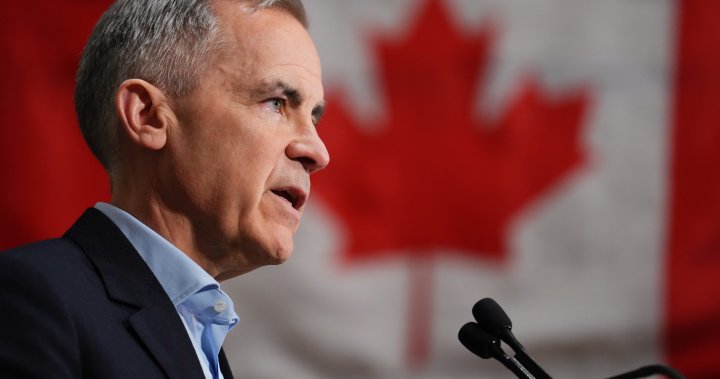In early 2025, the United States, under former President Donald Trump, implemented a series of tariffs on Canadian imports as part of a broader effort to address national security concerns linked to drug trafficking and illegal immigration. Starting March 4, tariffs reached 25% on most Canadian goods, with specific measures targeting sectors such as the automotive industry, which employs hundreds of thousands in Canada. The U.S. government justified these actions by citing the flow of fentanyl and involvement of drug cartels across the border. In response, Canada imposed reciprocal tariffs on U.S. products, escalating trade tensions between the two neighboring countries and raising concerns over economic impacts, job security, and supply chain disruptions within North America.
The announcement of the 25% tariffs marked a significant shift in U.S.-Canada trade relations, with a wide array of Canadian exports affected. Key industries facing steep tariffs include automotive manufacturing, lumber, agriculture, and energy products. The automotive sector, in particular, which is integral to Canada’s economy and employs over 400,000 workers, has expressed deep concern over potential job losses and production delays. Industry groups and Canadian officials have warned that these tariffs could disrupt supply chains that span the continent, leading to increased costs for consumers and businesses alike.
The U.S. administration defended the tariffs as necessary measures to combat the importation of fentanyl and other opioids, substances linked to a rising overdose crisis in the United States. Officials pointed to drug cartels’ alleged exploitation of cross-border trade to transport illicit drugs, arguing that these tariffs are part of a broader strategy to strengthen national security and curb illegal immigration. However, critics have questioned the efficacy and fairness of targeting broad economic sectors and have called for more targeted enforcement actions.
Canadian Response and Retaliatory Measures
Canada’s government swiftly responded by imposing its own tariffs on select U.S. imports, including steel, aluminum, and agricultural goods, signaling a firm stance against the unilateral U.S. actions. Prime Minister Justin Trudeau emphasized the importance of dialogue and multilateral cooperation but underscored Canada’s readiness to protect its economic interests. The retaliatory tariffs aim to pressure the U.S. administration to reconsider the measures and open channels for negotiation.
Economic Implications and Industry Reactions
Economists have expressed concerns about the broader economic impact of the escalating trade war. Potential outcomes include increased prices for consumers, reduced competitiveness of North American products in global markets, and disruptions to integrated supply chains that underpin industries such as automotive and agriculture. Both countries’ markets are likely to face volatility as businesses adjust to the new tariff regime.
Business leaders in both nations have urged for expedited negotiations to resolve the dispute. The Canadian Chamber of Commerce released a statement highlighting the risk to tens of thousands of jobs and calling for stable trade policies to maintain economic growth. Similarly, U.S. industry representatives acknowledged the challenges posed by the tariffs but stressed the need for addressing underlying security concerns collaboratively.
Outlook and Potential Developments
Trade analysts predict that the situation will remain fluid, with ongoing discussions expected between U.S. and Canadian officials. The bilateral relationship, historically grounded in cooperation, faces significant stress under the new tariffs, but both sides have expressed an interest in eventual resolution. Pending negotiations may include adjustments to the tariffs or the implementation of stronger cross-border security measures that do not rely solely on broad economic penalties.
Stakeholders are advised to monitor developments closely as both governments navigate the complex balance between economic interests and national security imperatives. Updates on this evolving story will be provided as new information becomes available.
In conclusion, the imposition of tariffs by the United States and the subsequent Canadian retaliatory measures have introduced considerable uncertainties into the bilateral trade relationship, affecting key industries and raising concerns over economic stability in North America. While these actions stem from pressing national security issues related to drug trafficking and illegal immigration, the broad application of tariffs has prompted significant economic repercussions, including potential job losses and supply chain disruptions. Both countries have signaled their commitment to dialogue and negotiation, aiming to reconcile security objectives with the need for robust and fair trade. As the situation continues to evolve, ongoing cooperation and carefully balanced policy adjustments will be essential to restoring stability and mutual economic growth.

